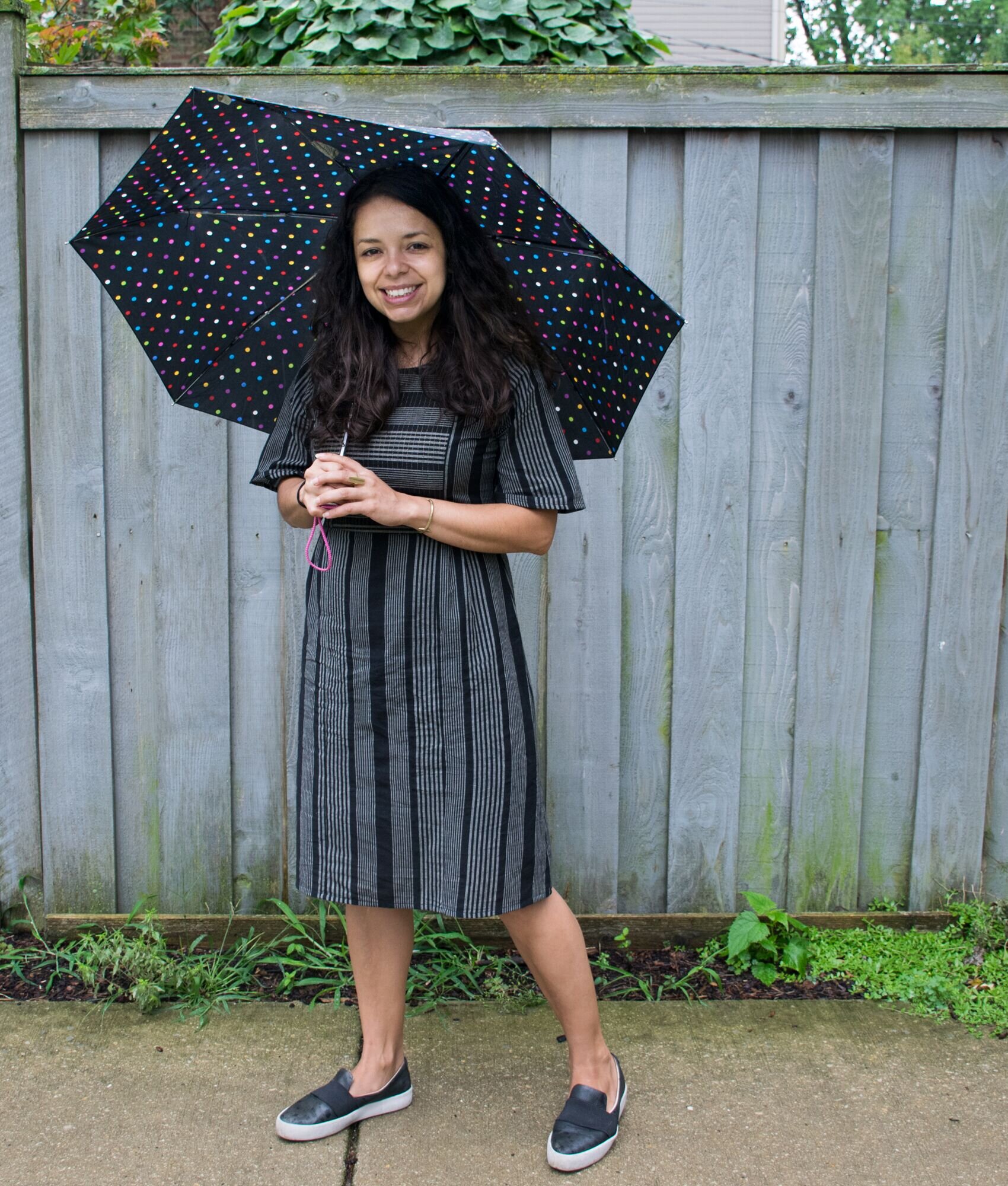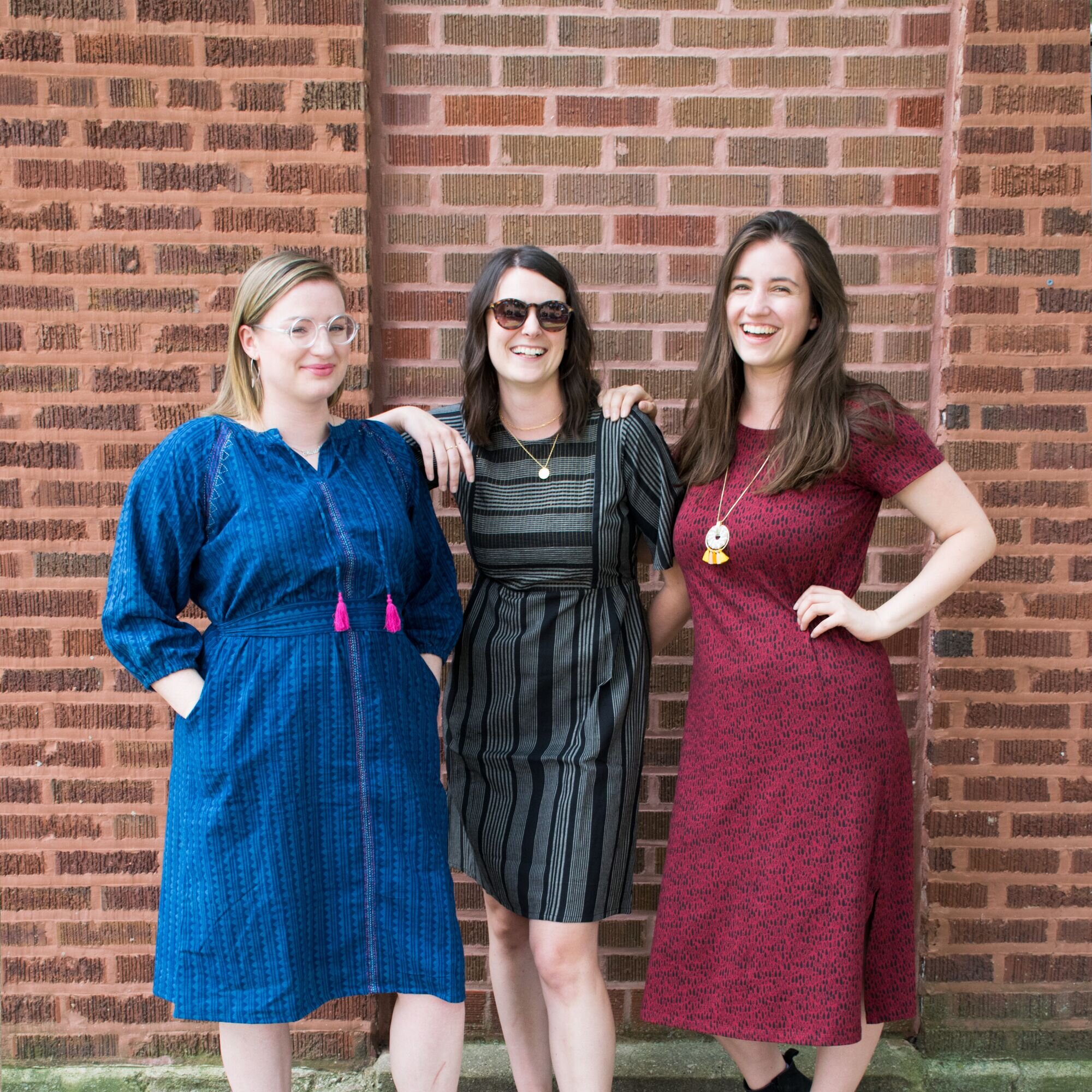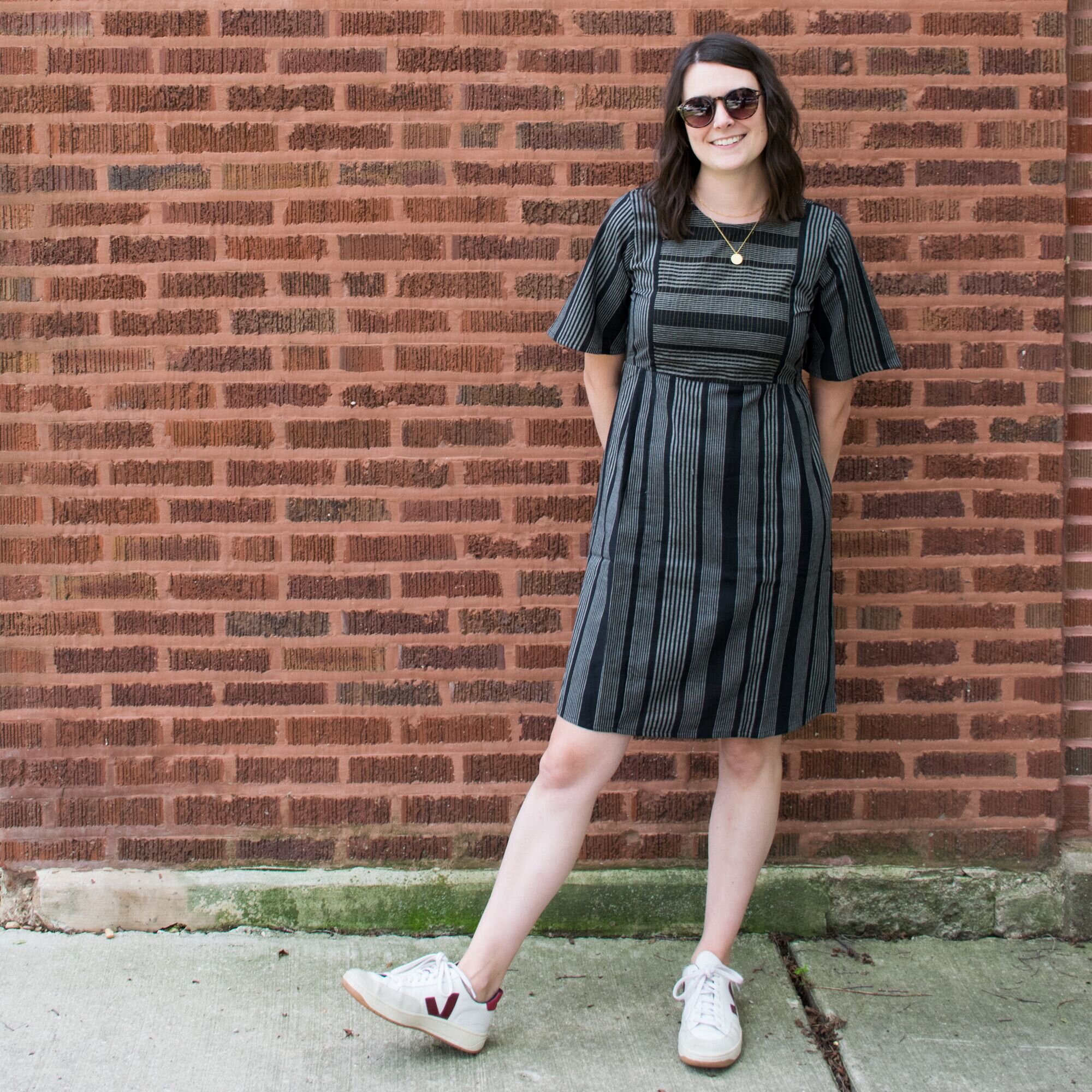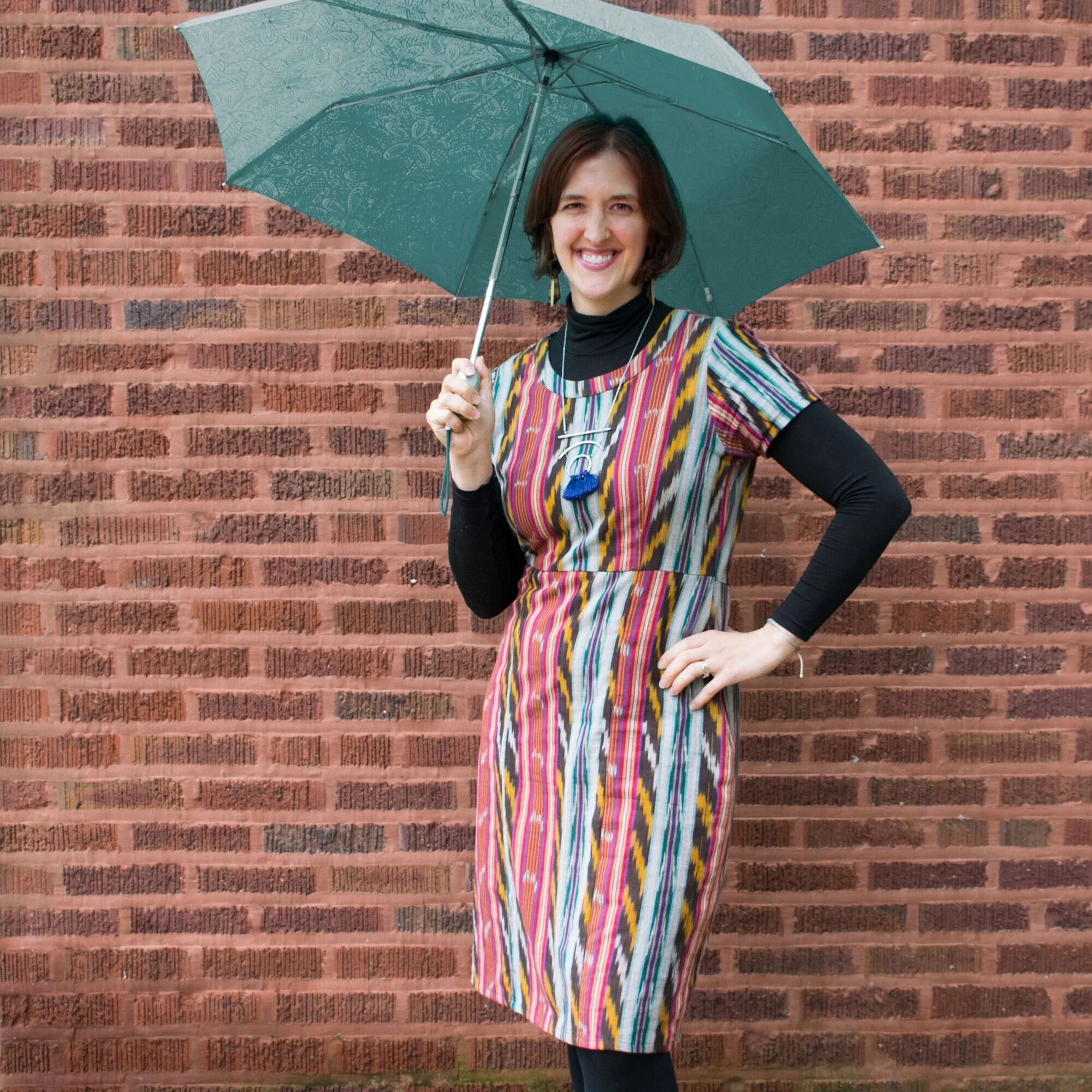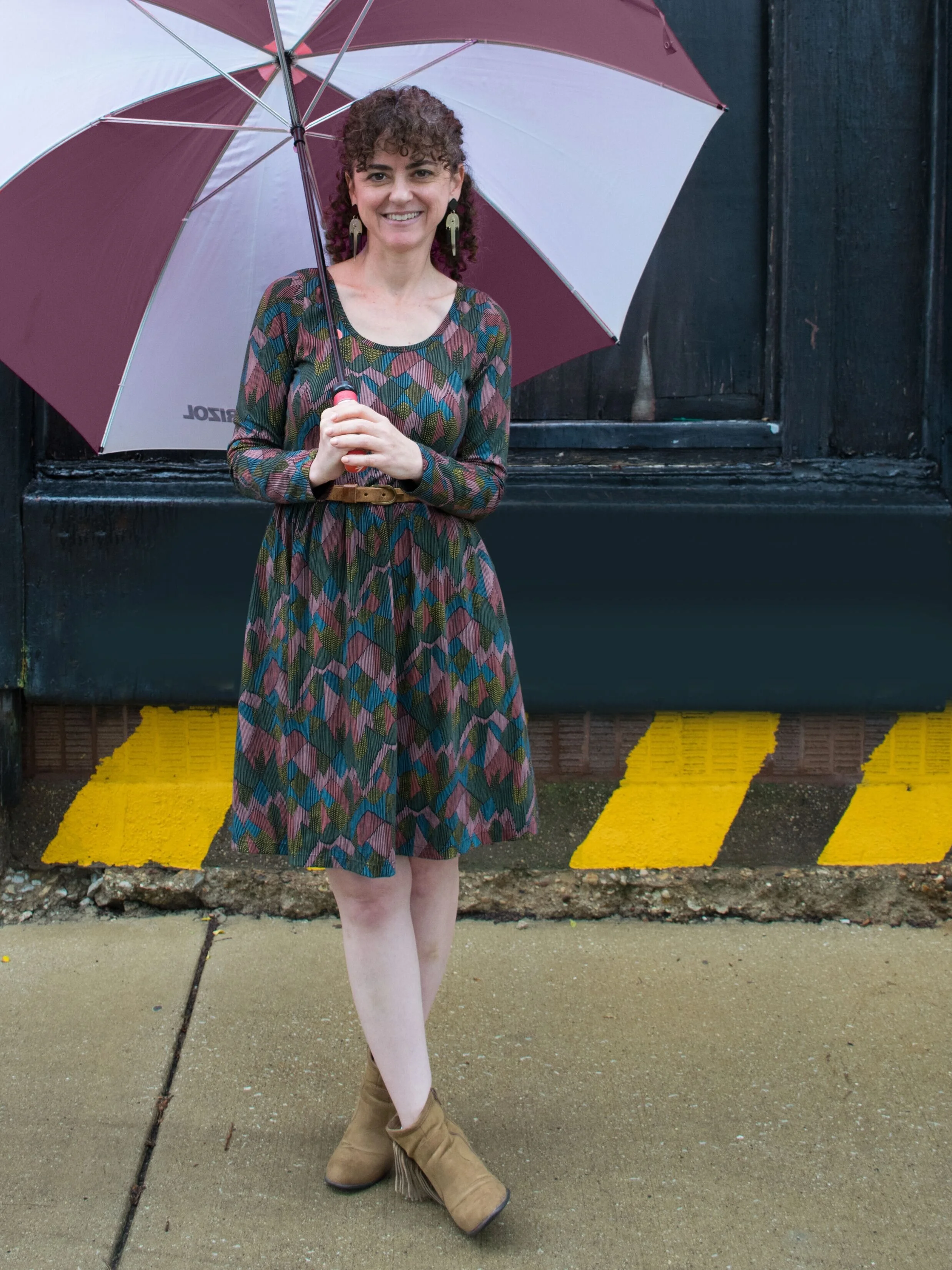Relationships Drive Fair Trade Practices: An Interview with Jonit Bookheim of Mata Traders
Mata Traders is a fair trade company championing the cause of sustainable business practices which fight to end global poverty. The company, founded with a buying trip inspired by a passion for travel in 2005, is the embodiment of ethical fashion. Mata partners with fair trade organizations in India and Nepal to employ artisans from marginalized communities in the design and production of dresses, skirts, and tops. Mata’s structure supports marginalized women, providing them with jobs and independence not typically provided to them. Mata’s designs are also created with real women in mind. The dresses, skirts, and tops feature a variety of lengths, cuts, and styles. Each season, the line includes clothes for work, parties, pregnancy, or everyday basics, and are available in a wide range of sizes. The designs are fun, unique, and emblematic of the artisans who create them. At the heart of it all, Mata’s work centers around relationships: within the company, with the partner organizations, and with the artisans. Mata’s work has focused on relationships since the very beginning.
It all started in 1995 in a Northwestern dormitory. Maureen, Michelle, and Jonit, founders of Mata Traders, met before their first year of university even began. After college, the trio developed a passion for travel and backpacking, seeking to learn more about the world. As Jonit put it, “We totally got bit by the travel bug.”
At the end of 2003, they embarked on a trip around the world. Maureen fell in love with the artisan work she saw during the trio’s four months in India, and decided she wanted to make buying and selling artisan goods like those that she had seen into a lifestyle. Initially, she simply purchased goods in Indian marketplaces and sold them at American home parties and street fairs, with which Jonit and Michelle frequently helped. She soon received a few questions about the products and whether or not they were fair trade certified.
In the fall of 2005, Maureen attended the Fair Trade Futures Conference in Chicago, and learned about the vibrant Fair Trade community in India. Upon her return to India later that year, she began seeking producers with Fair Trade practices and goods. Michelle and Jonit co-founded the company as they realized Maureen would need more help to realize the company’s vision fully. Jonit said, “I wanted to be part of the impact after seeing what Maureen was doing and growing with Mata.”
At the crux of the company is relationships. Jonit believes that this is the case in Fair Trade, too. Jonit explained that the most important part of Fair Trade is the fact that every decision made has the well-being and interests of producers at its heart. She said, “Relationships are a tenet of Fair Trade and it’s lived, it’s not just something we talk about.”
Working to balance the vulnerabilities associated with business relationships with successful businesses which benefit both sides of Fair Trade is the core of Mata Traders’ mission. The organizations Mata work with ensure that there are social workers on-site, educational opportunities for all artisans, stable wages, and control over finances that artisans have likely never before experienced.
For Jonit personally, the key aspect of Fair Trade is that she is able to make connections all over the world. The design and production teams at Mata are in India for weeks at a time, building relationships and connections with local artisans. Jonit said that Mata’s opportunity to work with people over a more than ten-year period has allowed the company to really get to know artisans’ families and lives. She said that many of the artisans work solely to provide their children with better opportunities. Jonit said that one phrase she hears most often when talking with artisans is, “All my kids are studying.”
Mata’s fall line is colorful and includes many patterns which are traditional in the regions from which many of the artisans hail. Jonit said that her favorite aspects of the line this season are the varied styles, especially the midi length dresses, and the fact that the designs are completely unique to Mata. She said, “You won’t see that dress anywhere else.”
Mata’s relational model collided with the company’s ethical fashion mission to form a Dressember dream team in 2014 and 2015, as Jonit and others from Mata’s team participated in the month-long style challenge and advocacy effort. Jonit said, “It’s really cool to be united with so many people that way.”
Mata’s designs help to unite the world around a cause too, bringing people from different lifestyles and different communities together around a common goal: greater freedom and independence for all, through fair business practices and fun fashions. As Dressember advocates, we can shop at brands like these to encourage sustainable, ethical brands and their efforts to combat the involvement of human trafficking in the fashion industry. Advocates are at the forefront of putting an end to human trafficking once and for all, and that can start by supporting ethical fashion brands like Mata.
About the Author
Miranda Cecil is a spring gal who loves traveling to new places as well as her local frozen yogurt pump. When she's not finishing homework or watering her succulents, she loves to ski, read, and play her rollout piano. Miranda is hoping to turn her passion for human rights and safety into a career as she studies political science and urban planning at the University of North Carolina (Go Heels!)

